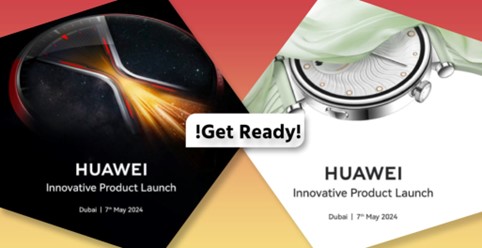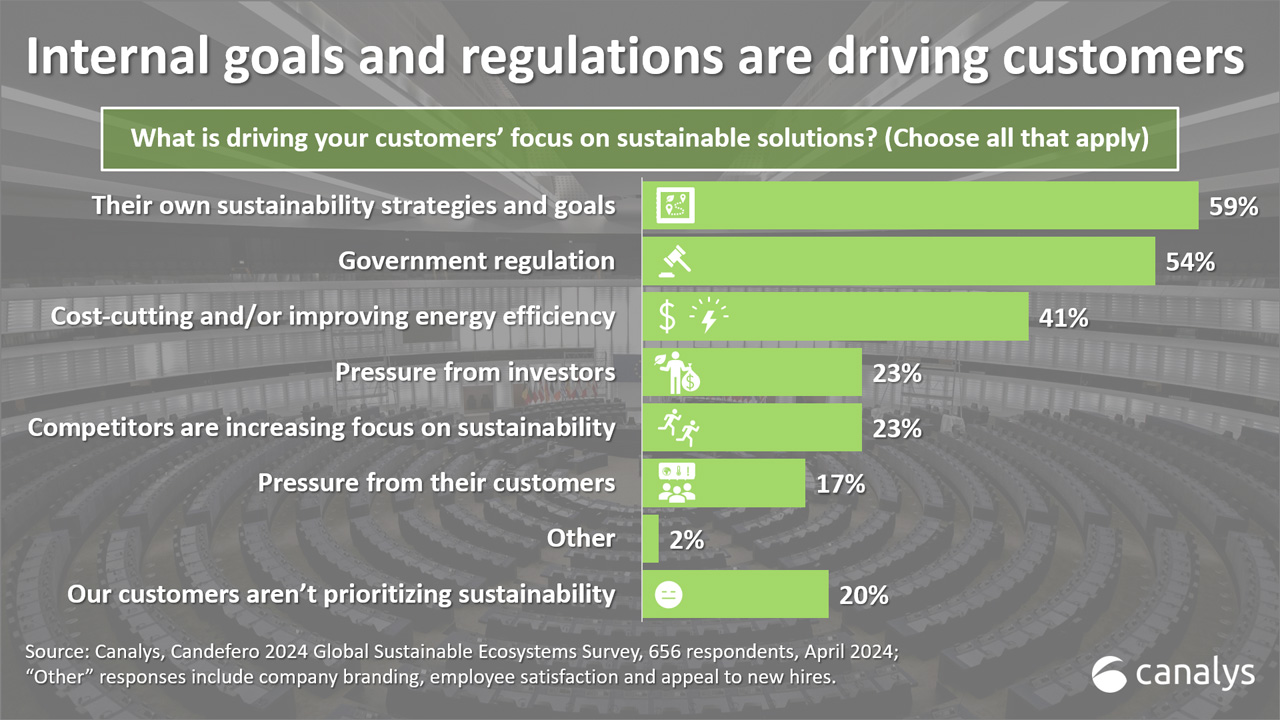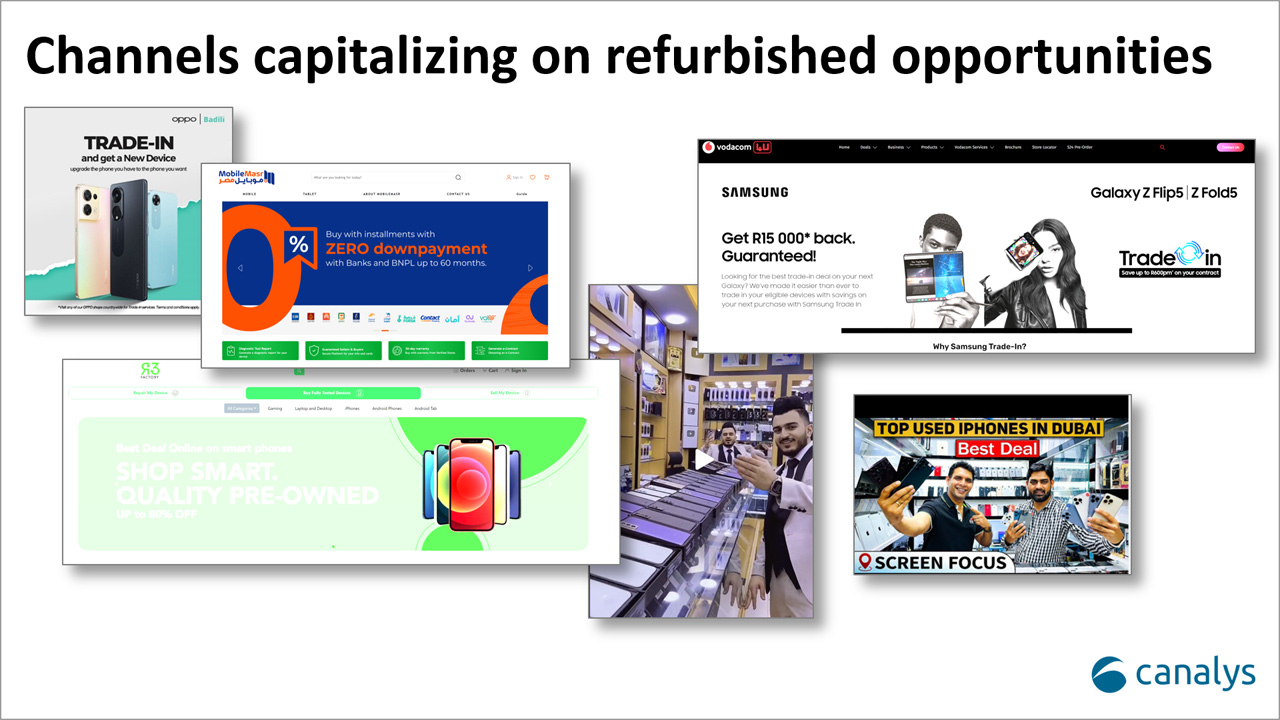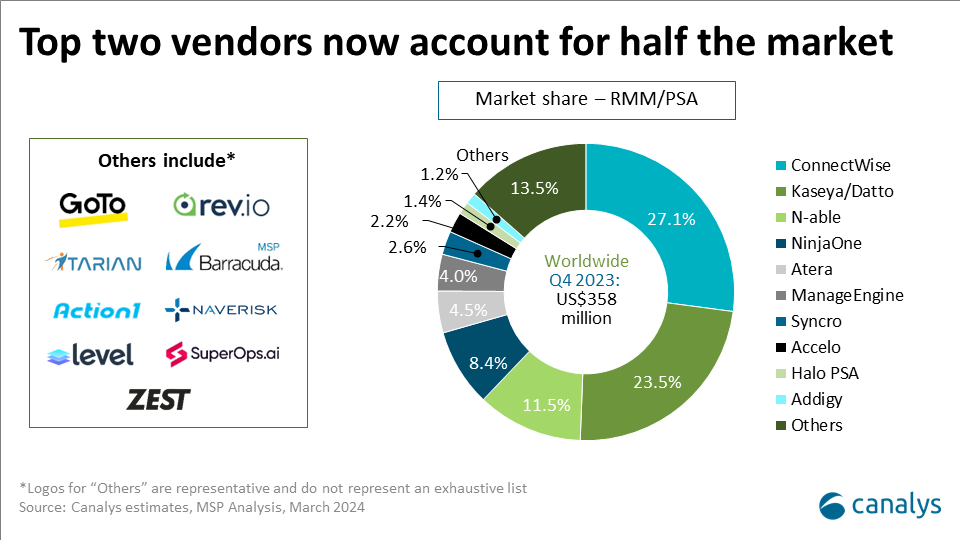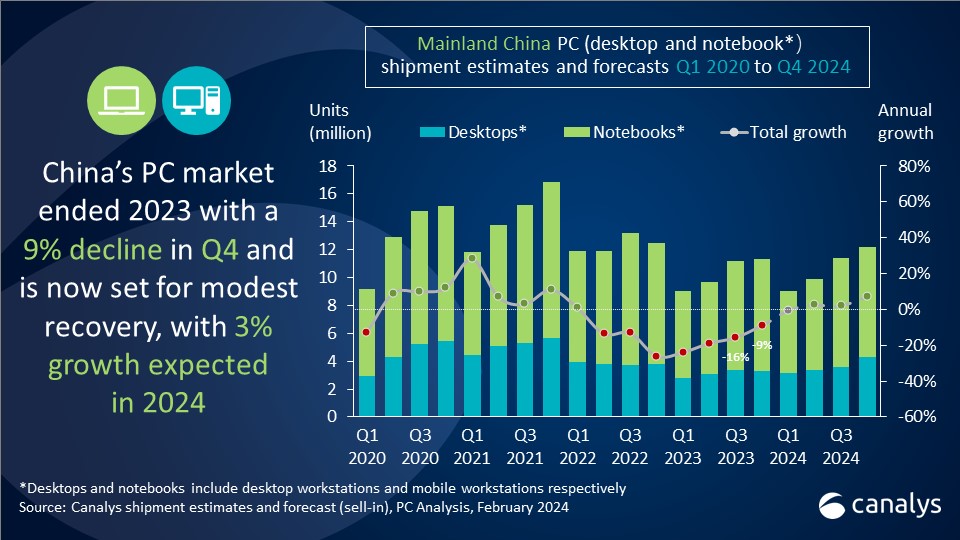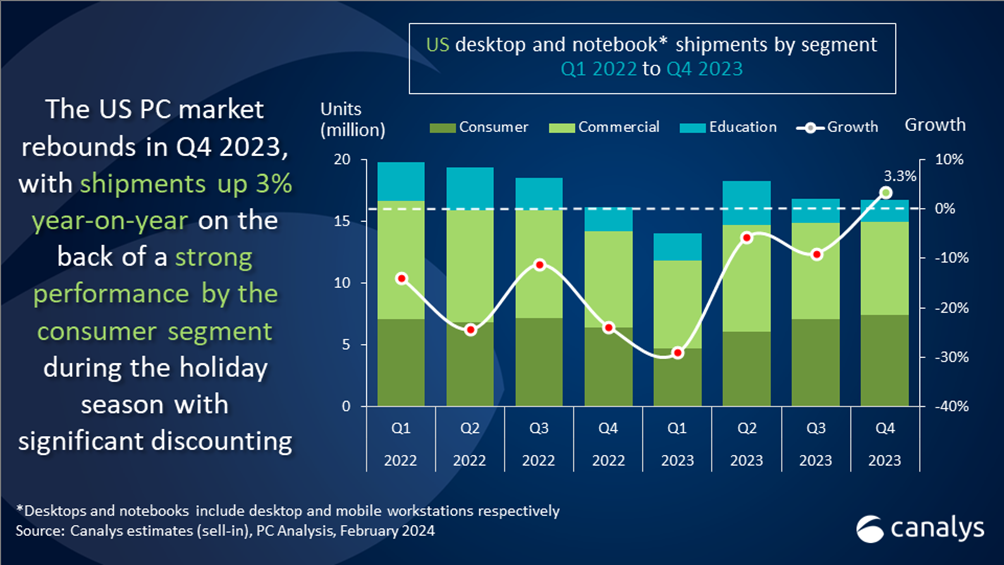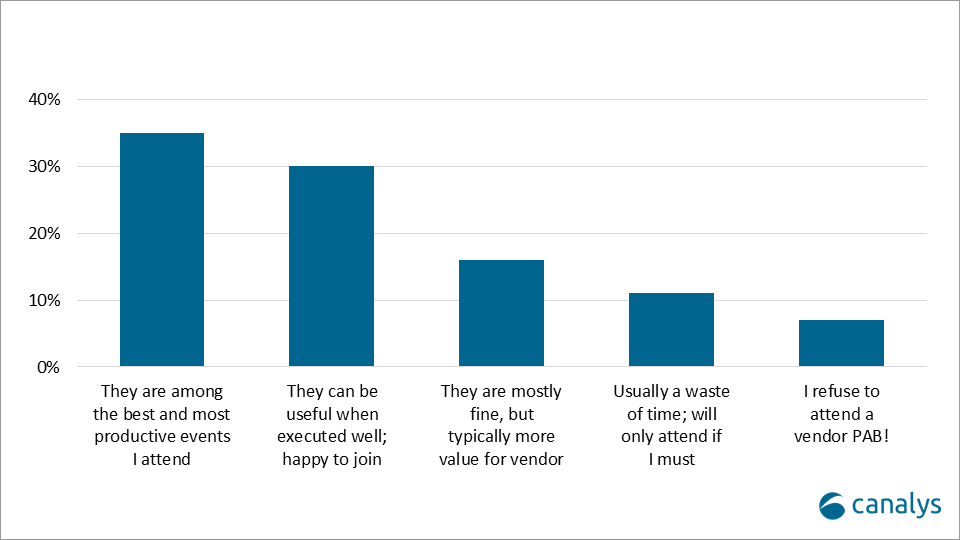Canalys is part of Informa PLC
This site is operated by a business or businesses owned by Informa PLC and all copyright resides with them. Informa PLC’s registered office is 5 Howick Place, London SW1P 1WG. Registered in England and Wales. Number 8860726.
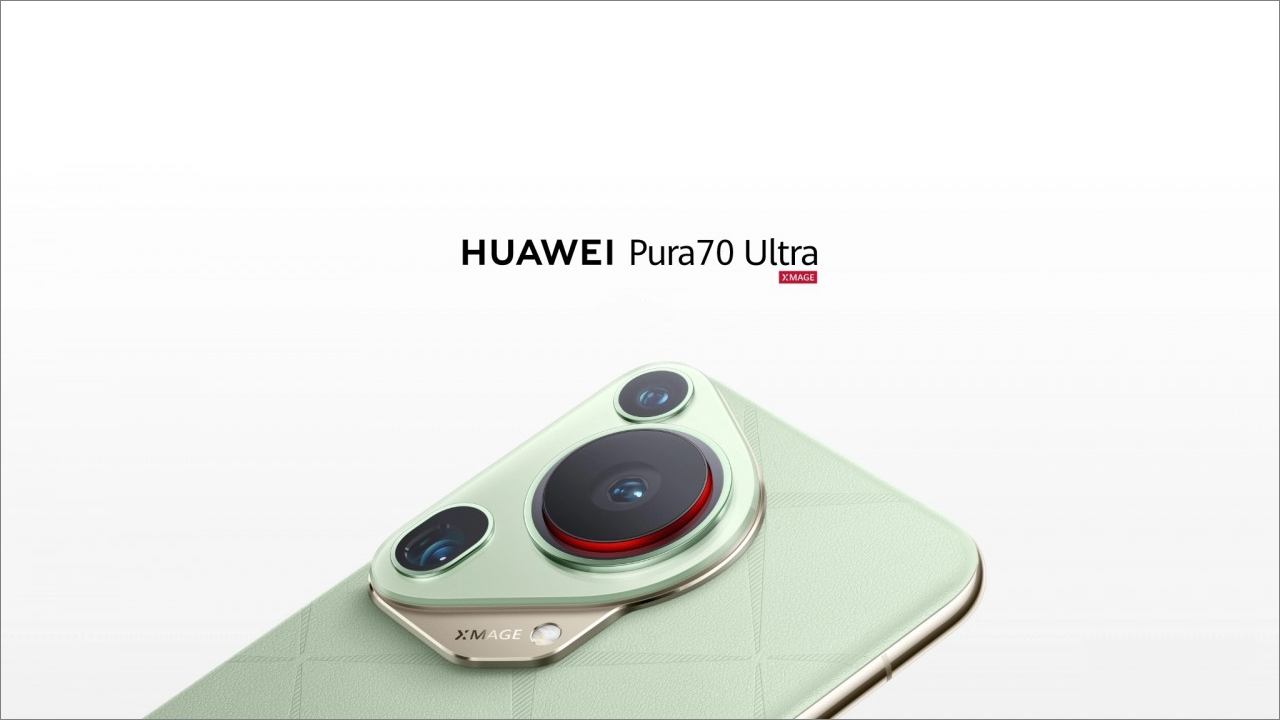
Huawei joins the GenAI smartphone market
Generative AI-capable smartphones are emerging as the new growth engine for the smartphone industry. The maturation of GenAI and its expanding applications are poised to disrupt the competitive smartphone market. Huawei is focusing on aspects such as operating systems, large language models and ecosystem product capabilities and combining these with its full-stack AI solutions to build differentiated advantages.

AI smartphones are emerging as the new growth engine in the smartphone industry. The maturation of GenAI and its expanding applications are poised to disrupt the competitive smartphone market. According to Canalys’s latest forecast, AI-capable smartphones are projected to comprise 9% of total shipments in 2024, rapidly increasing to 54% by 2028. Smartphone OEMs will spearhead the deployment of GenAI features and services on their flagship devices and drive investments in AI capabilities. In Mainland China, which boasts a larger share of high-end smartphones, the penetration rate of AI-capable smartphones is expected to exceed the global average significantly.
Unlike Samsung and other Chinese players that have been more proactive in marketing and branding GenAI, Huawei wasn’t among the earliest vendors to emphasize GenAI features. But with the launch of the Pura 70 series in Mainland China and the subsequent introduction of its AI image eraser feature, Huawei has officially entered the GenAI smartphone market. In Q1 2024, Huawei reclaimed the top spot in Mainland China’s smartphone market, driven by the exceptional performances of the Mate 60 series and foldable phones. Huawei is known for its long-term investment in AI research and successful product implementation on its chips and smartphones even before 2019. What are Huawei’s advantages in the GenAI smartphone market?
An in-house AI-native operating system
At the Huawei Analyst Summit 2024, Huawei signaled the launch of its next-generation mobile OS, HarmonyOS NEXT, which will be its first operating system focusing on GenAI capabilities. HarmonyOS NEXT will also be its first OS not compatible with Android apps. Most mainstream apps in Mainland China are already compatible with the new OS or are being developed. The company plans to launch its latest flagship smartphones in Mainland China in the second half of the year, with more details to be unveiled at HDC in June. It is expected that HarmonyOS NEXT will come with AI capabilities at a system level, differentiating it from the application-level AI features. The Xiao Yi AI-powered smart assistant is based on Huawei’s in-house PanguLM and will be vital for accessing system-level device capabilities. Huawei will gain a big head start in optimizing on-device AI model deployment and power consumption, as well as personalized and differentiated AI services and cross-device AI user experiences. HarmonyOS NEXT is expected to shake up the dominance of Android and iOS in Mainland China’s smartphone operating system market, with a rebound in Huawei smartphone shipments in the coming years. Huawei will accelerate the penetration of AI services with the expansion of HarmonyOS NEXT thanks to its brand strength, friendly developer ecosystem and policy environment in its domestic market.
Generative AI model capabilities from cloud to edge
While Huawei may not have been the first to deploy GenAI models for edge devices, its PanguLM has found widespread use across various industries, including meteorology, finance, networking and electricity. Huawei already possesses strong model training and inferencing capabilities. Despite inherent differences between industry and consumer applications, Huawei maintains strong R&D advantages in model optimization, hybrid deployment between edge and cloud, and privacy and security protection.
Ecosystem strength fosters differentiation in AI services
Huawei boasts a diverse range of ecosystem products. According to Canalys data, in 2023, for every hundred Huawei smartphones shipped, it also shipped 48 wearable bands, 27 smart personal audio devices, 23 tablets and 14 notebooks. The vast user base of Huawei devices in Mainland China will allow Huawei to develop a profound understanding of user behavior, which will enable it to create highly differentiated and personalized native AI services compared with those of other vendors. Moreover, user interactions with future AI services will likely extend beyond smartphones. Smartphone vendors may anticipate a new wave of hardware form factor changes, and robust ecosystem capabilities will help them respond to or even drive trends in new AI hardware.
From the end device perspective, the cost of development and deployment is a critical factor that smartphone vendors must consider, as well as the sustainability of their business models. Smartphones and other devices are just one part of Huawei’s broader AI strategy as an ICT infrastructure solution provider. Building on its cloud-channel-edge strategy, Huawei extends its deployment of AI-related products and solutions across business sectors, including energy, servers, storage, cloud, networking, large models, hardware chips and end devices. From a business model perspective, it makes sense for Huawei to build a full stack of AI capabilities that allow it to build a bigger moat in the long run, given its business scale in Mainland China alone.
For more insights into definitions, forecasts, OEM strategies and business models related to AI-capable smartphones, stay tuned for Canalys’s upcoming AI-capable smartphone report.
